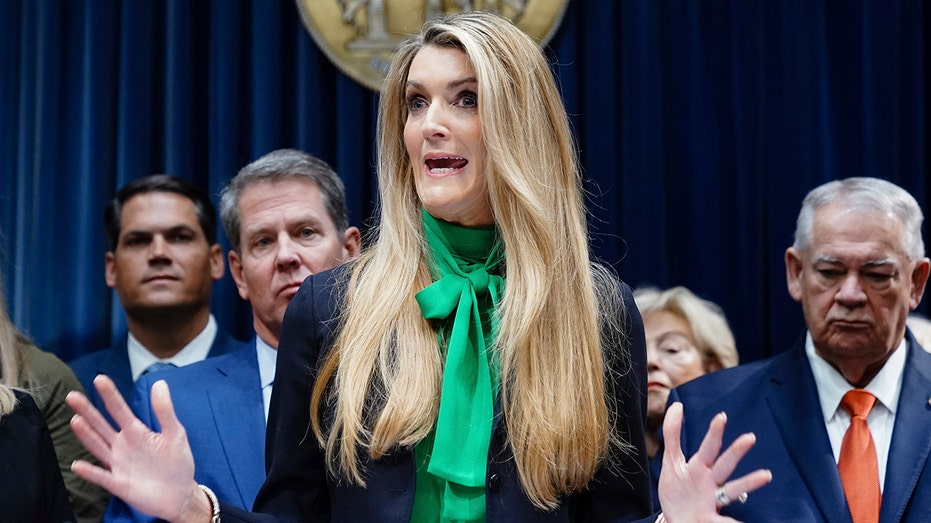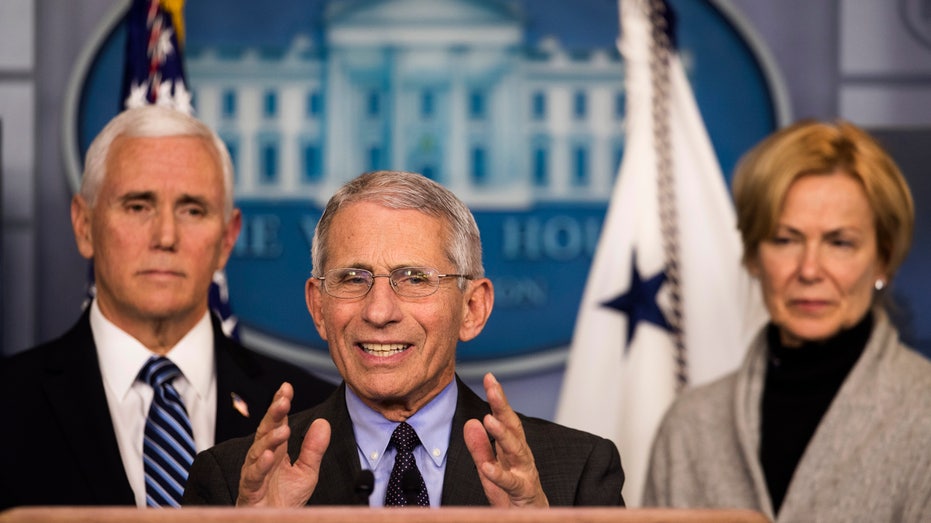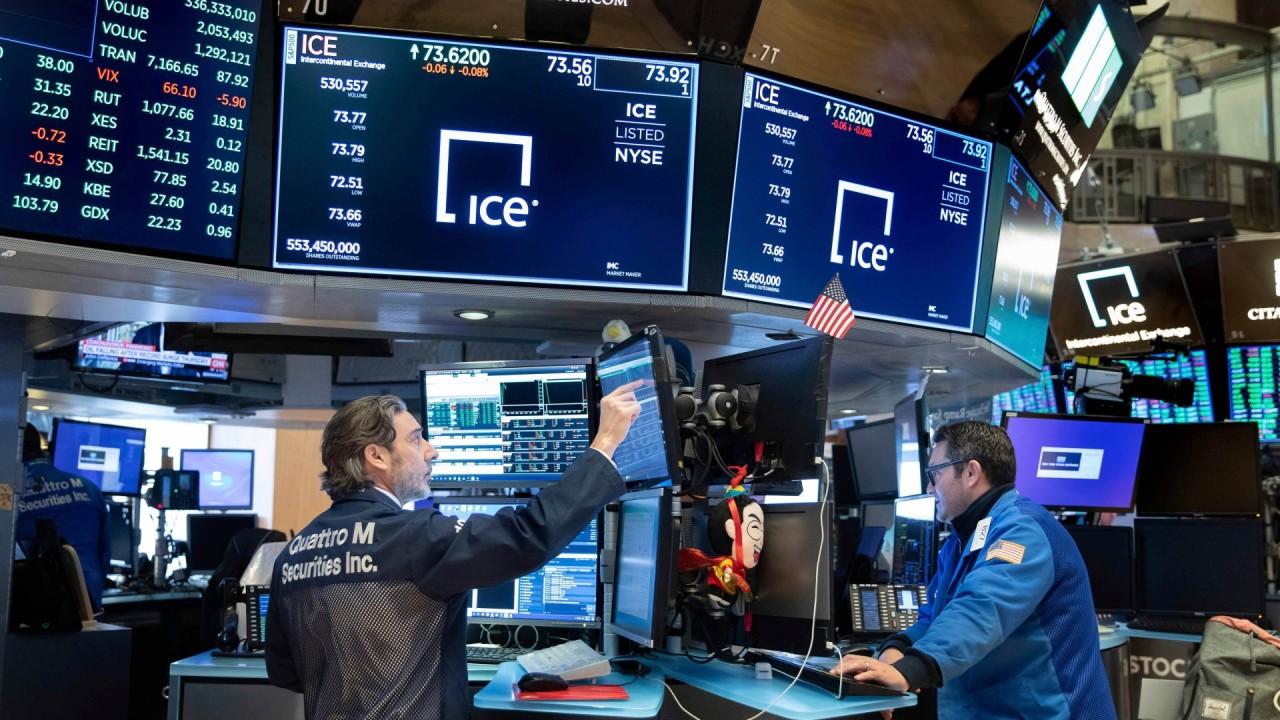Senators' stock sales may look sleazy, but they’re not insider trading
Republican Sens. Kelly Loeffler and Richard Burr may look bad but they may not have violated the law
You can say a lot of things about the senators who sold stock while being briefed early on about the devastating effects of the coronavirus on the American public and now the stock market: They may be greedy, unethical and down-right stupid for thinking they could escape without getting noticed.
Or maybe they're just good investors (OK, hold the laughter).
But here's one thing they're almost certainly not: Criminal inside-traders.
Yes, I know that Republican Sens. Kelly Loeffler and Richard Burr (and some others) sure do look like they committed stock fraud known as insider trading by dumping their shares of stock before the collapse of the market based on information they received that isn't known publicly.
In other words, the kind of stuff that lands people in jail for years: Trading on what's known as "material non-public information," the standard definition of insider trading.

AP Photo/Elijah Nouvelage
| Ticker | Security | Last | Change | Change % |
|---|---|---|---|---|
| ICE | INTERCONTINENTAL EXCHANGE INC. | 154.10 | -1.04 | -0.67% |
Indeed, Loeffler's sale looks particularly sleazy: Her husband, Jeffrey Sprecher is chairman of the New York Stock Exchange, whose parent is Intercontinental Exchange, has been criticized for putting business ahead of its people and being notoriously slow to close its floor-trading operations, and only after two NYSE people came down with the potentially lethal virus (The floor will close temporarily beginning on Monday; NYSE listed stocks will continue to trade through its electronic service).
According to federal disclosure documents, Loeffler appears to have unloaded $3.1 million worth of stock owned by her and her husband way back in January before the virus made its way to the U.S., and right around the time she received a private virus briefing from the White House with Dr. Anthony Fauci -- the point man on the epidemic -- in attendance.
Burr, meanwhile, sold $1.7 million of stock in mid-February as he was receiving several such briefings. He even gave a private closed-door talk to constituent donors about the perils of the virus that according to some reports was much more dire than what he was saying publicly.
Again, I know this looks bad: The White House was largely downplaying the severity of the virus while these guys were selling their stock, and Republican leaders were in lock-step with the spin.
CORONAVIRUS OUTBREAK TO CAUSE SHARP CONTRACTION IN US ECONOMY: GOLDMAN SACHS
In other words, you can make the case that the senators received what's known as "material, non-public information" and by selling their stock (before the news hit and the markets crashed) they made a fortune while defrauding public investors. So they should end up in jail like Ivan Boesky, and many others.
Yes, you can make that case, but according to the law, you would in all likelihood lose.
The reason you would lose goes back to the insider-trading law: There is no real law. Insider trading is really just a bunch of court cases where precedent has been set as to what is or isn't a criminal sale of stock after receiving material (i.e., it will have an impact on stock prices) non-public information (or information that the public doesn’t have).
And according to precedent, here are the conditions that must be met to bring a criminal insider-trading case: The information has to be "misappropriated" or stolen from real shareholders.
That means you would have to prove that information provided the senators was stolen from shareholders of all the stocks they traded out of. But it wasn't. The information was generated by government sources about the size and scope of the pandemic; it didn't come from Resideo Technologies, or AbbVie, the stocks sold by Loeffler and Burr, respectively.
| Ticker | Security | Last | Change | Change % |
|---|---|---|---|---|
| ABBV | ABBVIE INC. | 224.34 | -4.30 | -1.88% |
| REZI | RESIDEO TECHNOLOGIES INC | 36.12 | -0.69 | -1.87% |
If the senators stole anything, they stole information that belongs to Congress or maybe the American people, which isn’t one of the standards that must be met for insider trading.
Maybe, just maybe, some prosecutor on steroids could try and make the case that the information was stolen from the American people, who essentially own the inner-workings of government and the U.S. stock markets. Again, that would be a wild stretch; I get that government works on behalf of its citizens, but I'm pretty certain that doesn't legally constitute ownership.
The market ownership argument is even more dubious. Yes, many Americans own stock, but mostly through 401(k)s and mutual funds, not individual shares. And to make the argument that the public somehow owns the markets, you would be running full steam into decades of case law.
Then on top of all I laid out, you would have to prove that Loeffler and Burr provided what's known as a "benefit" or a payoff to the people giving them the briefing.

AP Photo/Manuel Balce Ceneta
Yes, you would have to show that Dr. Fauci received some payment from the senators in exchange for his private update on the pandemic, which may be the biggest stretch of them all.
Does this mean Loeffler and Burr did absolutely nothing illegal? Maybe not. One of the foremost experts on white-collar crime, Columbia law professor John Coffee says you could possibly stretch the insider-trading law if somehow Burr and Loeffler received payment for handing the non-public government information to another party who traded off of it.
Again, it's a stretch, but it's a possible case since we're dealing in possibilities here.
Law enforcement would be on more solid ground if it could be proved that the senators are in violation of a 2012 law known as the STOCK Act, which is designed to prevent members of Congress from beneficially trading off non-public information they receive on the job.
But the law has plenty of loopholes; the senators could simply say they were acting on advice from their brokers or had tuned into business television, which had been covering the early pandemic as its spread through China and before it reached the U.S. (Loeffler and Burr have said as much since this controversy broke, while vehemently denying they have done anything wrong).
Loeffler, for her part tweeted: "The allegations aren't just wrong, they are completely false. I'm not involved in the decision-making of these trades, nor have I been in communication with my third-party financial advisors about them. I have no knowledge of these trades until well after they are made. '' Burr said he relied "solely on public news reports."
CLICK HERE TO READ MORE ON FOX BUSINESS
Coffee also said it might be possible to "indict these people for theft of government property because they are depriving the government of exclusive possession of such information," which also seems unlikely because so much information about the Coronavirus was already on the Internet, but it's at least it’s in the realm of possibilities.
Insider trading, I'm afraid, isn't in that realm.




















